Health Research and Studies
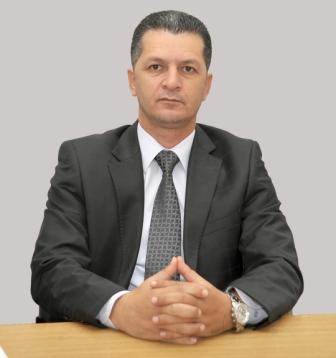
Chairperson for the Specialty Committee of Health Research and Studies
Specialty Committees Members
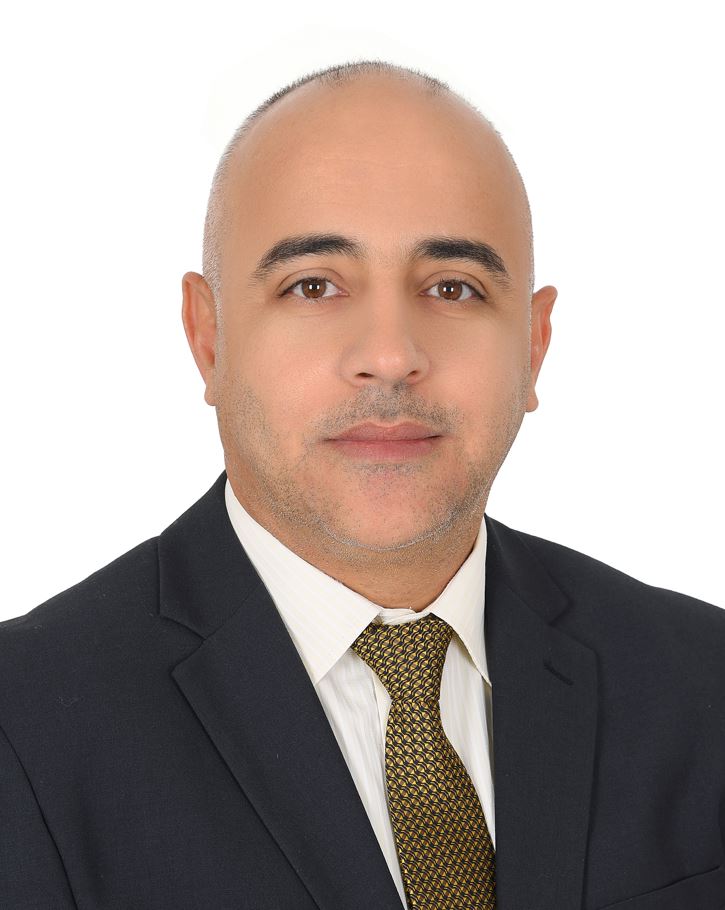
Dr. Rami Refaai
Dr. Rami is an Associate Professor of Epidemiology at the Institute of Public Health (IPH), College of Medicine and Health Sciences, UAE University. He earned his PhD in Public Health and Epidemiology from Tokyo Medical and Dental University in 2014 and has gained international recognition for his substantial contributions to epidemiology. Stanford University has named him among the Top 2% of highly cited scientists globally in his discipline for four consecutive years (2021–2024). In recognition of his academic excellence, he received the College of Medicine and Health Science’s Excellence-Award-Winning Scholar distinction in both 2021 and 2025. With a Google Scholar h-index of 27 and an i10-index of 52, Dr. Rami’s work has attracted over 4,500 citations. He has authored 105 Scopus-indexed studies published in international journals and contributed to two co-authored technical reports by the WHO and Gulf CDC. His ongoing projects and manuscripts under review further expand a research portfolio that covers infectious, non-infectious, and zoonotic diseases of public health significance. Dr. Rami has secured 18 research grants, serving as both principal and co-investigator. UAE University has recognized his work with certificates of achievements in 2017, 2018, 2020, 2021, and 2022, including publications in high-impact journals such as The Lancet, Lancet Infectious Diseases, BMJ Open, and the International Journal of Infectious Diseases. He completed the prestigious Global Clinical Scholars Research Training (GCSRT) Program at Harvard Medical School. He is the Founder and Head of the Infectious Diseases Research Epidemiology Advancement Unit (IDERA), a specialized initiative that advances infectious disease research and supports evidence-based public health efforts in the UAE and the region. Dr. Rami has led numerous workshops on biostatistics, research methodology, systematic reviews, and meta-analysis, training over 150 medical residents and healthcare professionals in research design, scientific writing, and critical appraisal. During the COVID-19 pandemic, he chaired the Abu Dhabi COVID-19 Epidemiology Research Subcommittee (2021–2022), where he oversaw epidemiological reporting, developed initiatives, and advised core health authorities. He is also an active member of the UAE’s National Immunization Technical Advisory Group (NITAG), contributing to evidence-based policy recommendations using the Evidence to Recommendations (EtR) framework. Dr. Rami is a key contributor to the Mutaba’ah Study, the UAE’s largest longitudinal birth cohort focused on maternal and child health, and helped develop the national Situational Analysis of Children in the UAE technical report. He collaborates across colleges and serves on national health committees, further influencing public health policy and research. Before joining UAE University in 2017, he held postdoctoral roles in global health at Tokyo Medical and Dental University (2014–2015) and in healthcare policy and research at Weill Cornell Medical College (2016–2017). These experiences shaped his expertise in observational epidemiological study design across both communicable and non-communicable diseases. At UAEU, Dr. Rami teaches undergraduate and postgraduate students, supervises PhD and Master’s theses, leads research projects, and provides research support. He also coordinates the PhD Program in Public Health at IPH, overseeing student advising, development, and program administration.

Prof. Asmae Khattabi
Pr. Asmae Khattabi, MSc, PhD
akhattabi@um6ss.ma
Professor Asmae Khattabi is a distinguished expert in epidemiology and public health, with over 29 years of experience in academia, research, and public health management. She holds a PhD in Epidemiology and Health Vigilance, along with advanced degrees in Ecology, Biodiversity, and Environmental Sciences from universities across Morocco.
Professor Khattabi is currently a Professor of Epidemiology and Public Health at Mohammed VI University of Sciences & Health in Casablanca, where she leads the Health Knowledge Management Center. Her pedagogical excellence is reflected in her teaching of epidemiology, biostatistics, disease surveillance, and scientific communication, where she engages students and professionals alike with a hands-on, practical approach to learning. Throughout her career, Professor Khattabi has held several key positions, showcasing her leadership across the public health sector:
• Head of the Health Knowledge Management Center at Mohammed VI University (2022–present): Oversees the center’s role in strengthening the connection between research and health policy.
• Director of the Doctoral Studies Center at Mohammed VI University (2022–2023).
• Director of the African Institute of Global Health at the University for a New Africa (2021).
• Coordinator of Field Epidemiology Training Programs at the National School of Public Health (2012–2019): Supervised field epidemiologists in developing competencies in disease surveillance, rapid response, and public health communication.
• Deputy Director in charge of Research, Cooperation, and Continuing Education at the National School of Public Health (2014–2018): Managed international collaborations and research programs while developing advanced training modules.
• Head of the Communication and Vigilance Department at the Anti-Poison and Pharmacovigilance Center (1996–2012): Led efforts in health surveillance, communication, and management of poisoning incidents across Morocco.
With a career spanning roles in academia and public health institutions, Professor Khattabi has demonstrated a unique ability to combine education, research, and leadership. She has worked on international projects with organizations such as the WHO, CDC, and TEPHINET, contributing her expertise to global health initiatives and advancing epidemiological training and health surveillance systems. Her published research in reputable scientific journals further highlights her commitment to advancing public health knowledge. Professor Khattabi’s leadership, pedagogical abilities, and vast experience make her a highly respected figure in the fields of epidemiology and public health education.
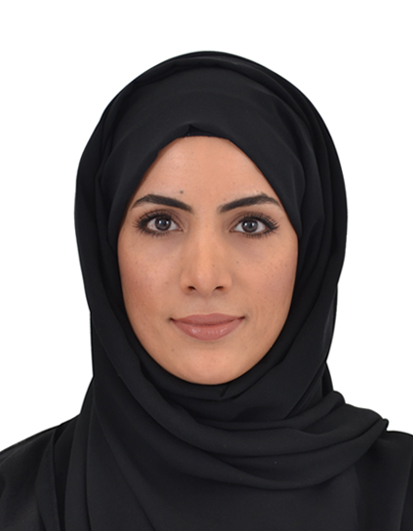
Dr. Amal Alzahmi
Dr. Amal AlZahmi is an Assistant Professor and dedicated researcher at the Institute of Public Health, United Arab Emirates University. With a medical background and academic expertise in geriatric and cancer epidemiology, as well as real-world data analysis, she focuses on addressing critical public health challenges. Dr. AlZahmi is passionate about teaching and mentoring undergraduate and postgraduate students, fostering collaboration and impactful learning experiences.
Her work addresses key health challenges in aging populations, cancer prevention, and bridging clinical research with real-world applications. Her dedication to public health extends to community initiatives and leadership roles in professional committees, aiming to enhance the health and well-being of populations.
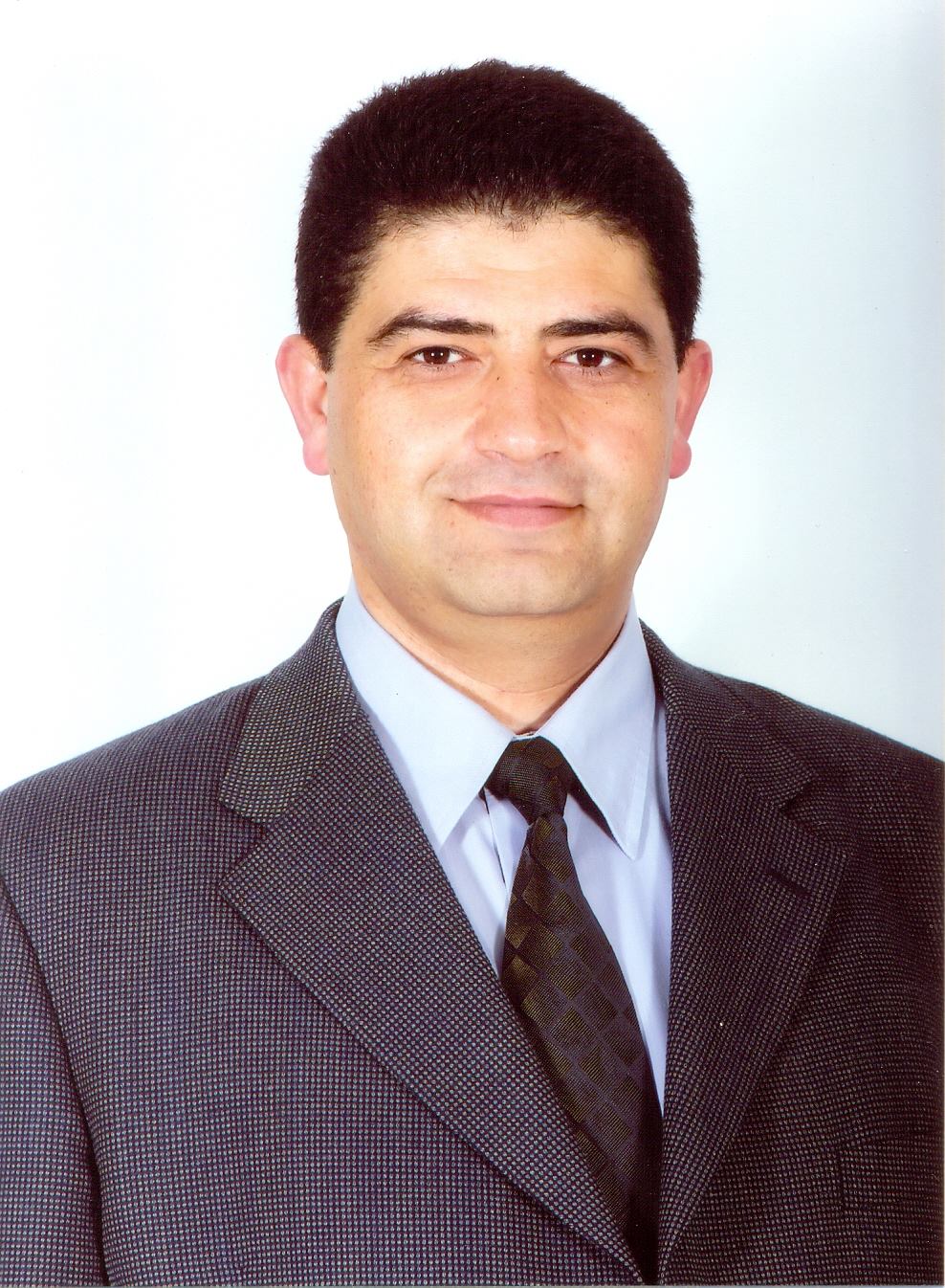
Dr. Hussein Jabareen
Dr. Jabareen currently works at Hebron University as Dean of College of Nursing since 2011 and jointly Dean of College of Pharmacy & Medical Sciences (2020-2022).
He is a member of several health/development committees at national and international level and coordinates academic cooperation projects, supervised postgraduate students, published scientific journals with research interests in change management, health system administration, Health Informatics, public health, community institutions improvement, and social equity.
In addition to his deanship experience, history of professional employment includes an assistant professor at Hebron University for 5 years and chairperson of nursing department for another 3 years, part-time project evaluator at MAB-UK, Research Assistant at Faculty of Medicine-University of Glasgow, employed by Lutheran World Federation as full time senior staff nurse at Augusta Victoria Hospital in Jerusalem for 4 years, and part-time coordinator of the Out Reach Program at the Peace Medical Centers in East Jerusalem for 2 years.
Dr Jabareen holds a PhD in Health Services Research & Development from the University of Glasgow (2007); MSc in Development Studies (2009) from University of Glasgow; MSc in Community & Public Health from Birzeit University (2000); & BSc in Nursing from Bethlehem University (1996).

Prof. Laith J. Abu-Raddad
Professor Laith J. Abu-Raddad is a Professor of Population Health Sciences and the founder and leader of the Infectious Disease Epidemiology Group at Weill Cornell Medicine-Qatar (WCM-Q) of Cornell University. He also serves as the Director of the Biostatistics, Epidemiology, and Biomathematics Research Core at WCM-Q.
Professor Abu-Raddad has built a prolific and internationally renowned career in infectious disease epidemiology, characterized by a longstanding record of high-impact scholarship. His academic achievements are reflected in numerous high-profile studies published in leading journals such as the New England Journal of Medicine, Nature, Science, Lancet journals, JAMA, and Nature Medicine. His research encompasses a broad spectrum of infectious diseases, including COVID-19, HIV, other sexually transmitted infections, hepatitis C virus, and tuberculosis.
Professor Abu-Raddad’s research has influenced public health policies and strategies at national, regional, and global levels. He has served as an expert advisor to various international organizations, including the World Health Organization, the Joint United Nations Programme on HIV/AIDS, the World Bank, and the Bill & Melinda Gates Foundation. His work has been instrumental in shaping health guidelines, public health policies, and resource allocation. Findings from his studies have garnered extensive coverage in the international press and media.

Prof. ayadevan Sreedharan
Prof. Jayadevan Sreedharan completed his Master’s in Statistics from Annamalai University, India; a Ph.D. in Statistics from the University of Kerala, India; and a Ph.D. in Epidemiology from the University of Tampere, Finland. Additionally, he holds a Diploma in Cancer Prevention from the National Cancer Institute, USA, and a Diploma in Health Professions Education from Gulf Medical University, Ajman, UAE.
He served as a Lecturer to Associate Professor in Biostatistics at the Academy of Medical Sciences, Kannur, Kerala, India, from 1999 to 2009. Subsequently, he worked as Assistant Director of the Research Division and Professor of Biostatistics at Gulf Medical University, Ajman, UAE, from 2009 to 2014. Currently, he is a Professor of Epidemiology and Biostatistics at Gulf Medical University, Ajman, UAE, the Program Director of the Master of Public Health, an Adjunct Professor at the University of Arizona, USA, and the Director of the Thumbay Institute of Population Health, Gulf Medical University.
He has received several prestigious awards, including the Sri Kallu Ram Memorial Young Male Scientist Award, Best Teacher Award, and multiple Best Paper Presentation Awards at various conferences. He has also been the recipient of numerous international scholarships to participate in and present scientific papers at global conferences. Prof. Sreedharan has over 200 peer-reviewed, indexed publications to his credit and serves as a reviewer for many national and international scientific journals. He is a member of several national and international professional bodies, including the Union for International Cancer Control (UICC) as a Fellow.
Prof. Sreedharan has organized and facilitated numerous workshops on Biostatistics, Epidemiology, Research Methodology, and Evidence-Based Medicine. He has also delivered keynote speeches at various national and international conferences. Additionally, he is an editorial board member of multiple peer-reviewed journals. His academic contributions include authoring a chapter titled “Role of Legislation in the Prevention of Tobacco Consumption” in the book Perspectives in Health Economics and co-authoring the book Case-Control Studies in Medical Research: A Practical Approach, published by Lambert Academic Publishing.
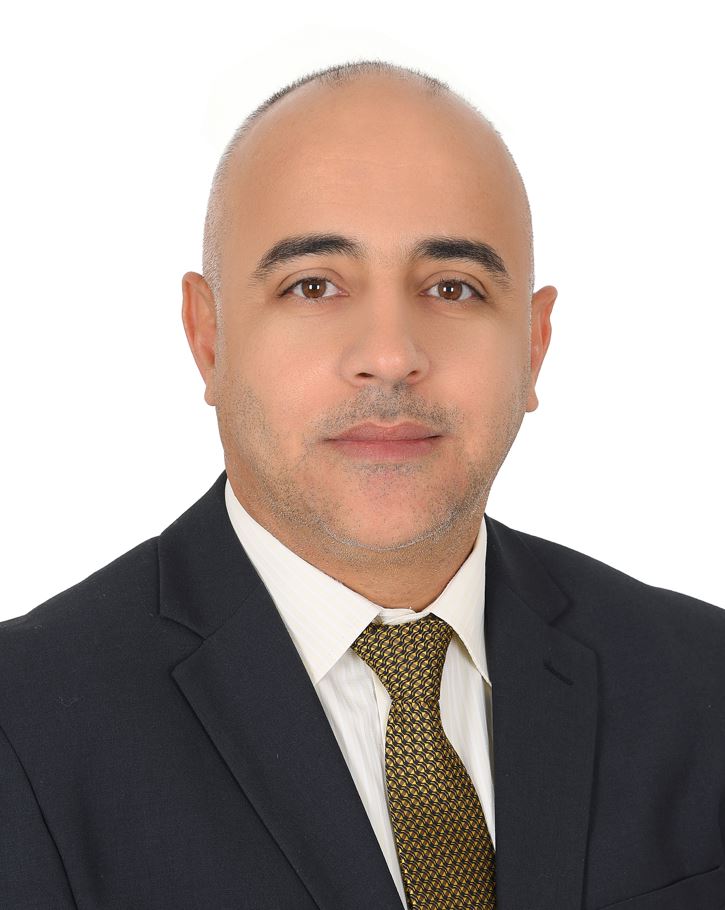
Dr. Rami Refaai
Dr. Rami is an Associate Professor of Epidemiology at the Institute of Public Health (IPH), College of Medicine and Health Sciences, UAE University. He earned his PhD in Public Health and Epidemiology from Tokyo Medical and Dental University in 2014 and has gained international recognition for his substantial contributions to epidemiology. Stanford University has named him among the Top 2% of highly cited scientists globally in his discipline for four consecutive years (2021–2024). In recognition of his academic excellence, he received the College of Medicine and Health Science’s Excellence-Award-Winning Scholar distinction in both 2021 and 2025.
With a Google Scholar h-index of 27 and an i10-index of 52, Dr. Rami’s work has attracted over 4,500 citations. He has authored 105 Scopus-indexed studies published in international journals and contributed to two co-authored technical reports by the WHO and Gulf CDC. His ongoing projects and manuscripts under review further expand a research portfolio that covers infectious, non-infectious, and zoonotic diseases of public health significance.
Dr. Rami has secured 18 research grants, serving as both principal and co-investigator. UAE University has recognized his work with certificates of achievements in 2017, 2018, 2020, 2021, and 2022, including publications in high-impact journals such as The Lancet, Lancet Infectious Diseases, BMJ Open, and the International Journal of Infectious Diseases. He completed the prestigious Global Clinical Scholars Research Training (GCSRT) Program at Harvard Medical School.
He is the Founder and Head of the Infectious Diseases Research Epidemiology Advancement Unit (IDERA), a specialized initiative that advances infectious disease research and supports evidence-based public health efforts in the UAE and the region. Dr. Rami has led numerous workshops on biostatistics, research methodology, systematic reviews, and meta-analysis, training over 150 medical residents and healthcare professionals in research design, scientific writing, and critical appraisal.
During the COVID-19 pandemic, he chaired the Abu Dhabi COVID-19 Epidemiology Research Subcommittee (2021–2022), where he oversaw epidemiological reporting, developed initiatives, and advised core health authorities. He is also an active member of the UAE’s National Immunization Technical Advisory Group (NITAG), contributing to evidence-based policy recommendations using the Evidence to Recommendations (EtR) framework.
Dr. Rami is a key contributor to the Mutaba’ah Study, the UAE’s largest longitudinal birth cohort focused on maternal and child health, and helped develop the national Situational Analysis of Children in the UAE technical report. He collaborates across colleges and serves on national health committees, further influencing public health policy and research.
Before joining UAE University in 2017, he held postdoctoral roles in global health at Tokyo Medical and Dental University (2014–2015) and in healthcare policy and research at Weill Cornell Medical College (2016–2017). These experiences shaped his expertise in observational epidemiological study design across both communicable and non-communicable diseases.
At UAEU, Dr. Rami teaches undergraduate and postgraduate students, supervises PhD and Master’s theses, leads research projects, and provides research support. He also coordinates the PhD Program in Public Health at IPH, overseeing student advising, development, and program administration.